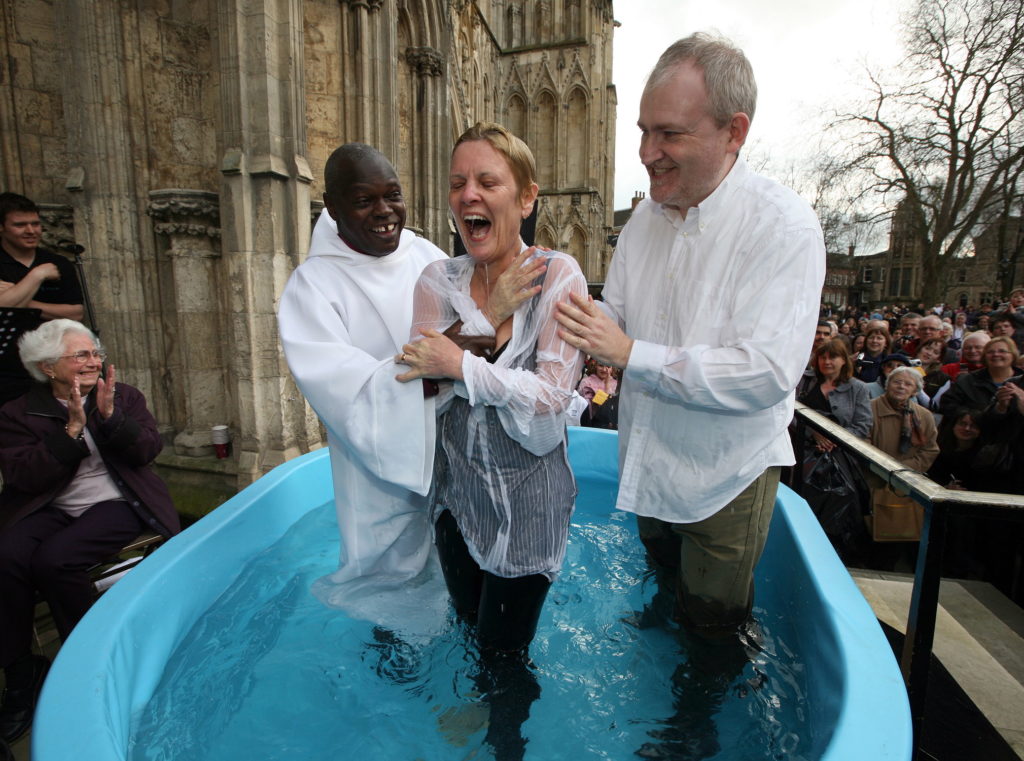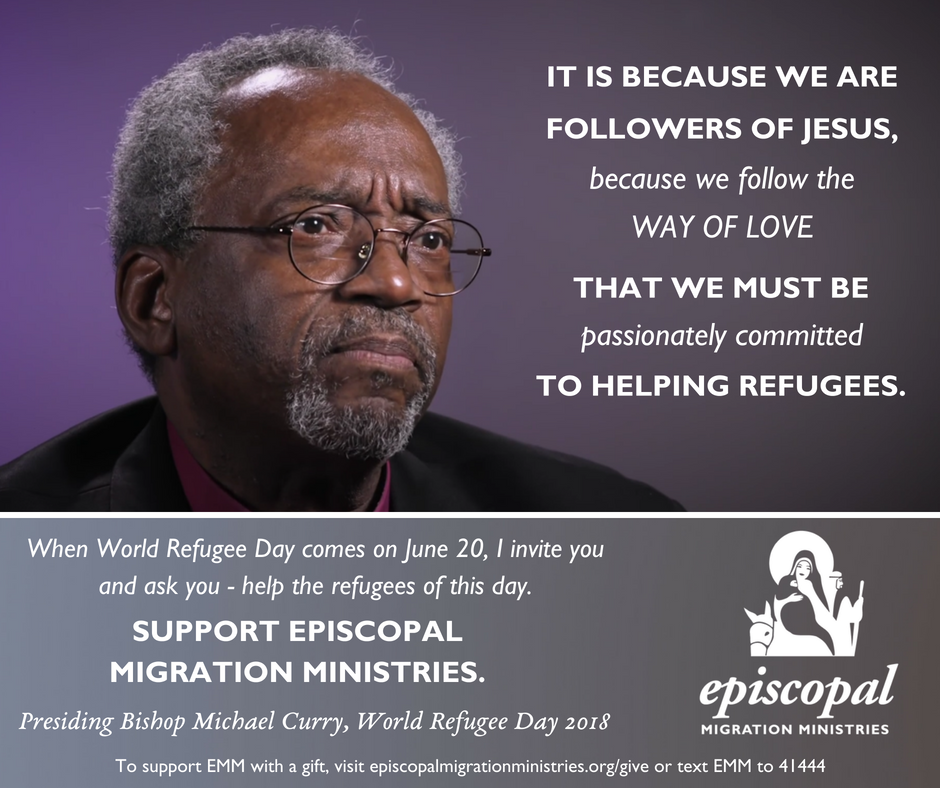In
the silence of the stars, In the quiet of the hills, In the heaving of the sea,
Speak, Lord.
In the stillness of this room, In the calming of our minds, In the longing of our hearts, Speak, Lord.
In the voice of a friend, In the chatter of a child, In the words of a stranger, Speak, Lord.
In our service of word & sacrament, Speak, Lord, for your servants listen. Amen.
In the stillness of this room, In the calming of our minds, In the longing of our hearts, Speak, Lord.
In the voice of a friend, In the chatter of a child, In the words of a stranger, Speak, Lord.
In our service of word & sacrament, Speak, Lord, for your servants listen. Amen.
[adapted
from a prayer by David Adam]
Whenever
we get to the stories of Jesus & the storms on the Sea of Galilee, I am reminded
of the Breton Fisherman’s Prayer who knew something about being fearful as they
are tossed about on the sea (a plaque which was presented to JFK & sat on
his desk):
'O God thy sea is so great and my
boat is so small'
Our
lives, our small boats can get thrown off course especially when something surprising
arises in the great sea of life.
A Michigan woman and her family were vacationing in a small New England town. One Sunday morning, the woman got up early to take a long walk. After a brisk five-mile hike, she decided to treat herself to a double-dip chocolate ice cream cone. She hopped in the car, drove to the center of the village and went straight to the combination bakery/ice cream parlor.There was only one other patron in the store: Paul Newman, sitting at the counter having a doughnut and coffee. The woman's heart skipped a beat as her eyes made contact with those famous baby-blue eyes. The actor nodded graciously and the star struck woman smiled demurely.Pull yourself together! She chided herself. You're a happily married woman with three children, you're forty-five years old, not a teenager!The clerk filled her order and she took the double-dip chocolate ice cream cone in one hand and her change in the other. Then she went out the door, avoiding even a glance in Paul Newman's direction.When she reached her car, she realized that she had a handful of change but her other hand was empty. Where's my ice cream cone? Did I leave it in the store? Back into the shop she went, expecting to see the cone still in the clerk's hand or in a holder on the counter. No ice-cream cone was in sight.With that, she happened to look over at Paul Newman. His face broke into his familiar, warm, friendly grin and he said to the woman, 'You put it in your purse.'
That’s
a true story. Sometimes it can be a Paul
Newman, but much more often it is something much more traumatic like the death
of a loved one, hearing the doctor say it is cancer, losing your job, or even
your car breaking down, those unexpected storms that throw our boats off
course, that cause us to panic, tossing us off balance and creating much
anxiety and even despair in our lives.
Within
each of us, though, is the grace of the awakened Jesus in today's Gospel: the
wisdom, the patience, the courage to discern the presence of God even amid the
storms of tension, fear, anxiety, and tragedy we experience.
The
words Jesus addresses to the storm can just as well be addressed to us and to
our hearts: “Peace! Be still!” In the tempests of our lives, like in the
reading from Job, we need to hear God’s voice in the midst of the whirlwind which
will lead us to the peace and stillness we want; to calm our lives as we
navigate our small boats through life's stormy Galilean sea.
This year's Boston Marathon on April 16 was run under brutal conditions: sharp whipping winds, frigid temperatures and torrential rain battered the runners all along the 26-mile-route.But one runner was determined to finish the race no matter what - even if it took her until the next day to finish. Mary Shertenlieb's story is among the most remarkable stories of this year's marathon.This was Mary's first marathon ever - a special one because it has been five years since she was diagnosed with an aggressive form of leukemia. The 42-year-old mother of two decided to run the Boston Marathon to raise money for the Dana-Farber Cancer Institute, the renowned treatment and research facility where Mary was a patient. She also wanted to show others that there is still reason to hope when cancer is diagnosed.Mary was soaked even before starting the race. About 12 miles into the marathon, the cold began to get to her. Because of her compromised immune system, she'd been warned to stop running if she got this cold. At 13 miles, she ducked into a medical tent, where one of her nurses at Dana-Farber urged her to stop. Her lips were purple and her body shook with chills. But Mary was determined to go on."I kept thinking, I've done harder things than this. I've had cancer three times. I can surely, mentally, do this."So Mary pressed on. At 15.5 miles, she ran into her running companion's father, who took them into a Dunkin' Donuts to warm up. She knew her body couldn't take it anymore. On the verge of tears, she called her husband, Rich.Rich had an idea. Why don't they go home and wait for the rain to stop? Mary could take a warm shower and get some real clothes on. Then they would go back to where she stopped and finish the marathon at her own pace, on her own terms.And that's what they did. At 8 p.m., she and Rich went back to the Dunkin' Donuts and, together, finished the last 10.7 miles of the race - just the two of them, following the trail of orange peels and smashed cups, all the way to Boston. Rich alerted friends and supporters of their plans on social media. Sometimes they trotted, much of it they walked. Just after midnight, they crossed the finish line in downtown Boston, where they were met by police and volunteers and friends and fans.Mary had already met a $15,000 fundraising goal for Dana-Farber - but when word about her unusual marathon path got out, donations soared beyond $41,000.Mary said, "It was just overwhelming. I'm not a big crier, but I just burst into tears. I never thought I would feel this happy being in last place! I imagined myself crossing that finish line and I crossed it differently and I crossed it last, but I feel more fulfilled having it this way."[The Boston Globe; TODAY.com/NBC News.]
In
her marathon through the storm, Mary Shertenlieb realized the spirit of Jesus
with her in her boat, in her determination to finish the race to raise money
for Dana-Farber, in the care and concern of her supporters, in the
understanding and resourcefulness of her husband who knew how important it was
to her to finish. And she too was giving hope by running that race!
The
voice of Jesus speaks to us in the encouragement and support of others calling
us beyond the fears, misgivings and doubts that stop us from the abundant life.
Jesus speaks in the voices of those who reveal the grace of God's presence in
our everyday lives and who challenge us to be the means of that grace for
others. Even if the storms rage around
us, may we hear and become Jesus' peace and stillness so we can ride out the
grief and hurt and despair to the calm of God. Amen.









